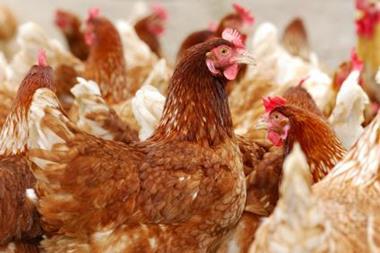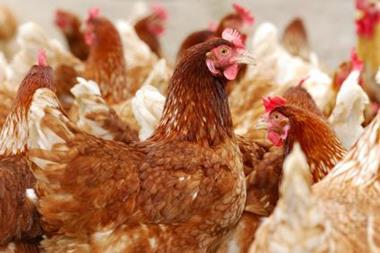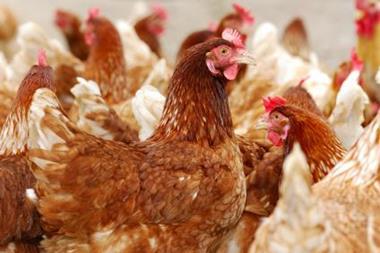A bad year for agriculture has exposed the need for business continuity plans
It has not been an easy year for UK agriculture. Flooded crops and slaughtered cattle alone have characterised a tough summer for farmers. But the actual damage to UK farming goes deeper than these everyday reports and is raising important questions about insurance cover for farmers.
The problems have mounted up in various forms for farmers this year: bird flu, flooding and foot and mouth disease (FMD). The damage of each is significant, but the cumulative effect is critical.
And this week there has been yet another problem to add to the farmers’ list. A Deloitte report has said the price of British meat is set to rise. Ruth Kimber, who chairs the National Farmers' Union in Somerset, believes consumers could have to pay between 5 and 25% more for food, depending on the produce.
So where has this left the agricultural industry? FMD is estimated to have cost the farming industry £1m a day before the EU export ban was lifted, and the floods mean a severely reduced crop output for next year.
What is more worrying though, is the risk of reputation damage. The EU export ban and higher prices, will allow foreign markets to gain an edge on British produce. If this becomes a loss of faith, this could signal bad news for British exports.
Richard Crane, food and agriculture partner at Deloitte, says, “If foreign markets close their doors to UK meat exports there could be cause for concern.”
There is good news for farmers, though. The government’s response to FMD has largely been approved of. One of the criticisms of 2001, was the lack of swift, coordinated government action to restore faith in British meat. The reputation was damaged, making the event much worse.
Robert Hall, managing consultant in Marsh’s business continuity management team, says, “This time they [the government] were cognisant of that, acted on it as quickly as they could, and were prepared to put in any measures necessary. And I think this time round that it saved the reputation of the food and the meat market.”
But the crux of the problem is the lack of insurance support available for farmers. Only 10% of farmers had business continuity insurance for this year’s FMD because it is designed only for those directly affected by the event. In the case of FMD, even farmers who were insured were only covered for the pre-slaughter value of the cattle.
It can be seen, then, why FMD and flooding is so problematic for farmers. A massive amount of the damage done is indirect and farmers are often left vulnerable. Hall says, “You need to make the distinction between those who have been directly affected by the flooding, and those indirectly affected, which is almost ten times as many.”
So farmers must look to other means of damage limitation. “When people cannot claim, then their main recourse is to have a good business continuity plan in place and mitigate the worst effects,” Hall says. “You won’t be able to remove all of them, but at least you can prepare for the worst of them.”
Having a business continuity plan in place was one of the main lessons learnt from the 2001 outbreak. However the message does not seem to be sinking in: 40% of businesses hit by floods are out of business in a year. “It is about common sense and good man management but sadly it seems a lot of businesses don't take this trouble,” confirms Hall. “As a rule of thumb, every pound spent on flood protection saves about £6 in flood damage.”
Time will tell how much damage has been done to agriculture this summer. In the meantime, however, the agricultural sector needs to remain diligent on alternative forms of mitigating risk.



















No comments yet